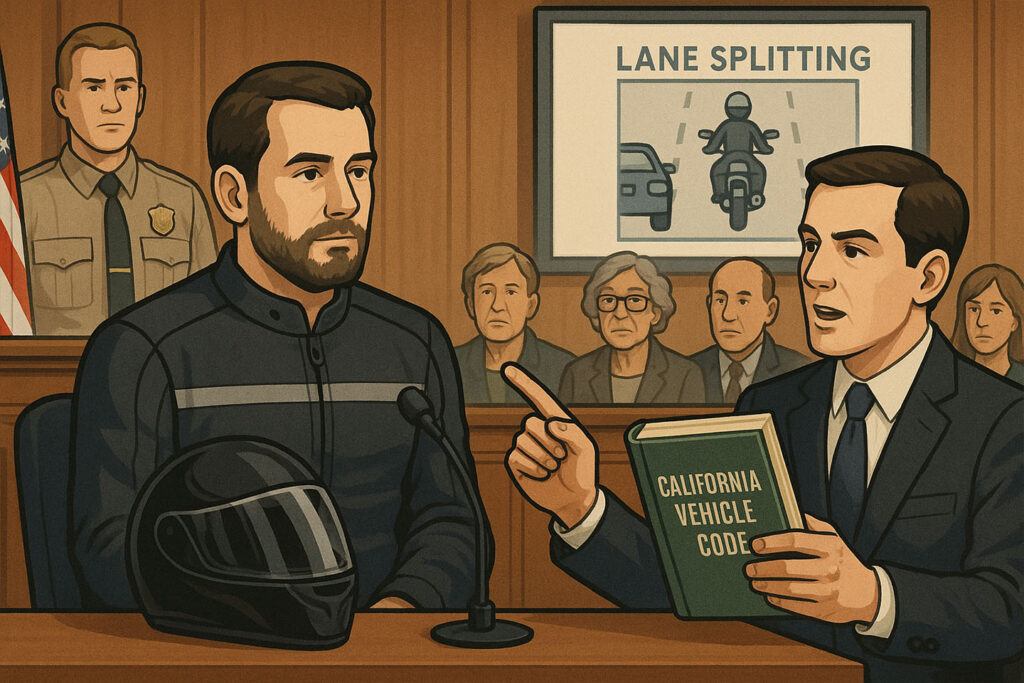
When litigating motorcycle injury and wrongful death cases, plaintiffs’ attorneys must overcome significant hurdles that aren’t present in ordinary auto accident claims. Chief among them: bias. Both law enforcement and jurors often harbor preconceived notions about motorcyclists — assumptions that they are reckless, fast, and taking unnecessary risks simply by riding. To achieve justice for an injured rider or grieving family, it is critical to recognize these biases and aggressively counter them with evidence, expert testimony, and education.
1. Recognizing and Confronting Biases Against Motorcyclists
In many motorcycle crash cases, the accident report is the first uphill battle. Law enforcement officers, consciously or unconsciously, often bring their own biases into their investigations. They may describe the motorcyclist’s actions using loaded terms like “speeding,” “weaving,” or “unsafe lane splitting,” even when the facts don’t fully support these characterizations.
Jurors are no different. Cultural portrayals of motorcyclists — from Hollywood to news reports — paint them as daredevils who choose danger over caution. In trial, the attorney must carefully select jurors who can set aside these stereotypes and must build a case narrative that highlights the motorcyclist’s caution, experience, and right to share the road.
2. Mastering California’s Motorcycle Laws
A strong command of California’s motorcycle traffic laws is essential. Motorcycles are permitted to lane split (California Vehicle Code § 21658.1), and there is no specific speed limit for lane splitting — although safe and prudent riding is required.
Common misconceptions about helmet use, speed limits, and lane positioning often play into defense strategies. An effective attorney educates the jury about what the law actually says, using the rules themselves to paint the motorcyclist’s behavior as lawful, careful, and reasonable under the circumstances.
Showing compliance with traffic laws helps reframe the rider not as a reckless risk-taker, but as a responsible, rights-respecting member of the driving public.
3. Hiring Motorcycle Safety and Riding Experts
Expert testimony can make or break a motorcycle case.
Hiring a motorcycle safety expert, or even a highly credentialed riding instructor, allows the plaintiff to demonstrate proper riding conduct. These experts can explain how an experienced rider reacts to threats, how visibility issues affect motorcyclists, and why the client’s actions were safe and appropriate — even if a crash still occurred.
For wrongful death cases especially, experts can humanize the decedent, showing their passion for riding as a hobby, their training and licensure, and their respect for the rules of the road. This shifts the story from “reckless biker” to “careful enthusiast wrongfully harmed.”
Experts can also conduct accident reconstruction to dispute claims of excessive speed or unsafe maneuvers, further combating bias and ensuring the true story gets told.
Traut Injury Law attorneys have decades of experience handling motorcycle cases, including trying them to verdict.

